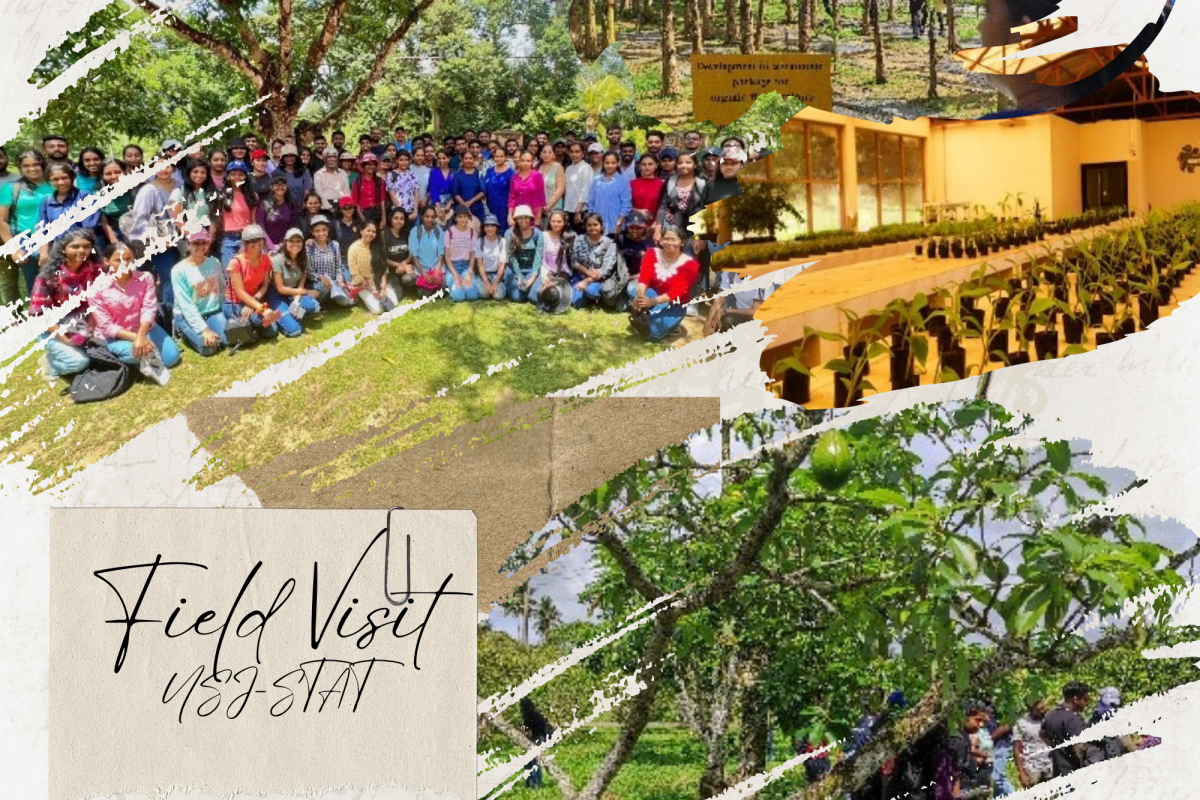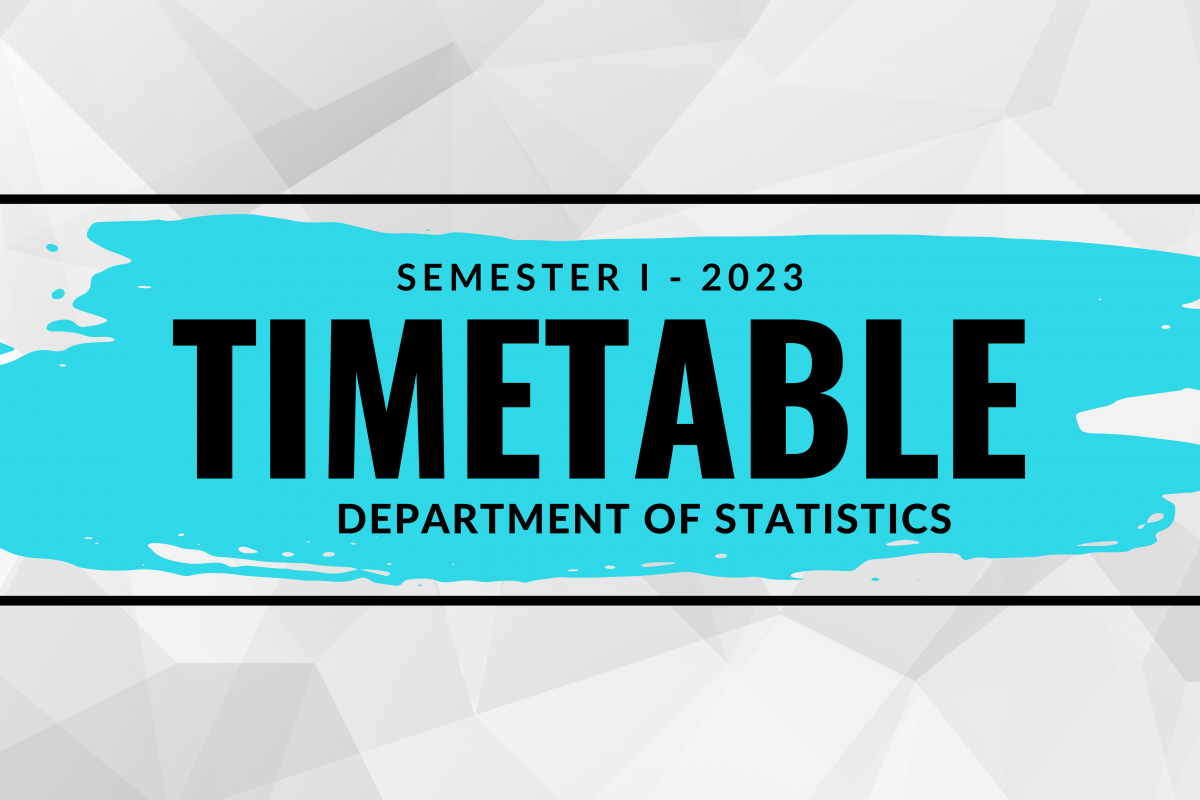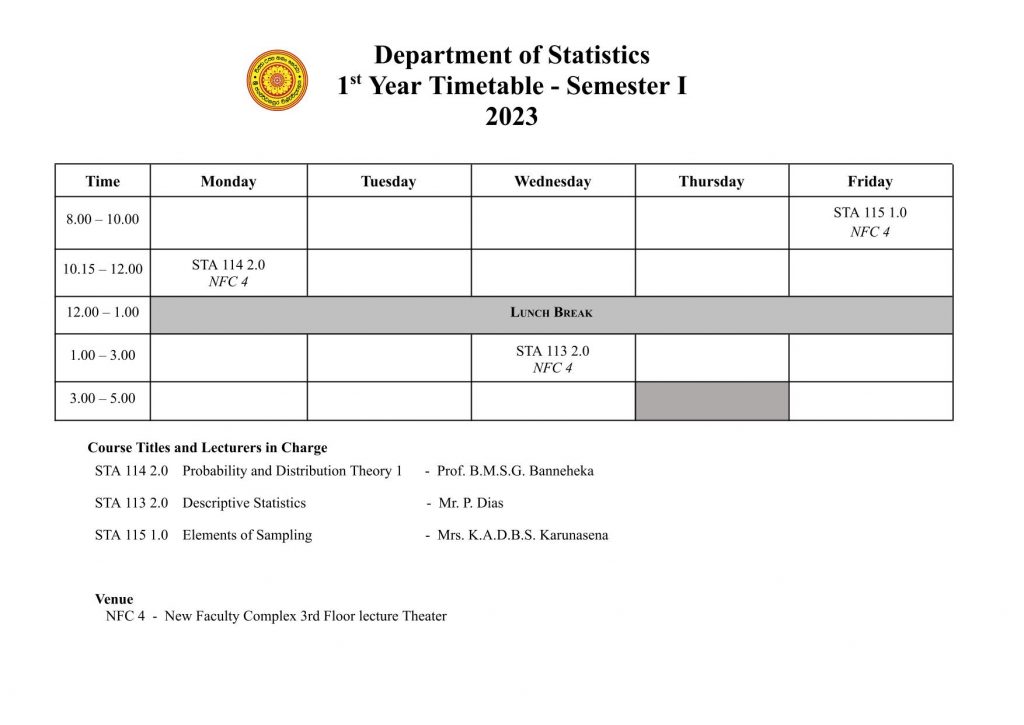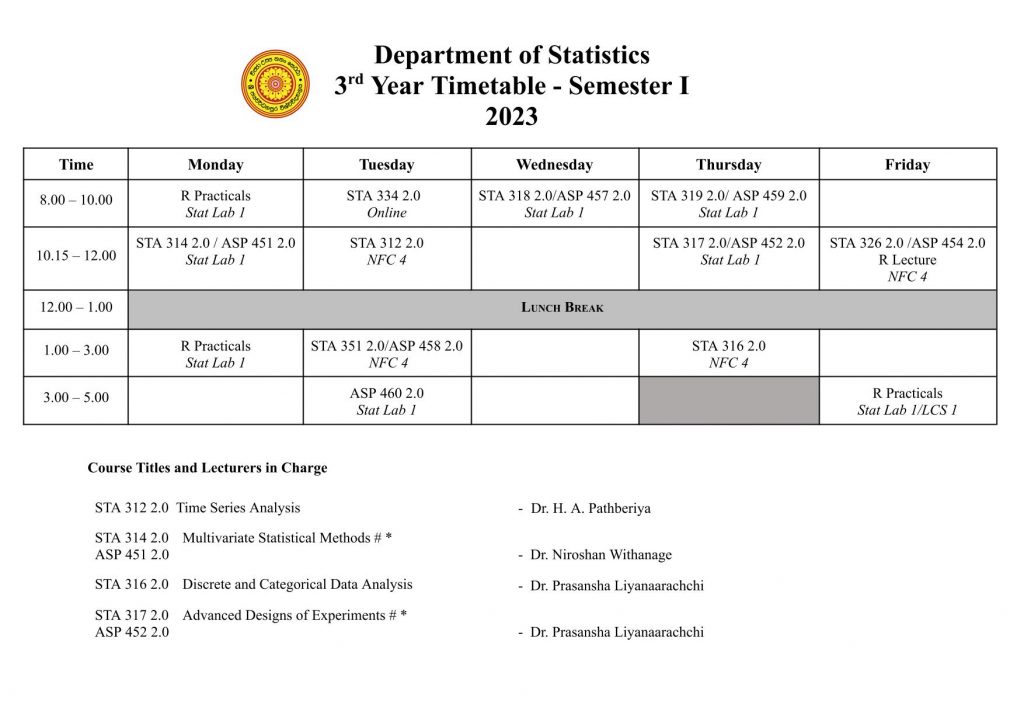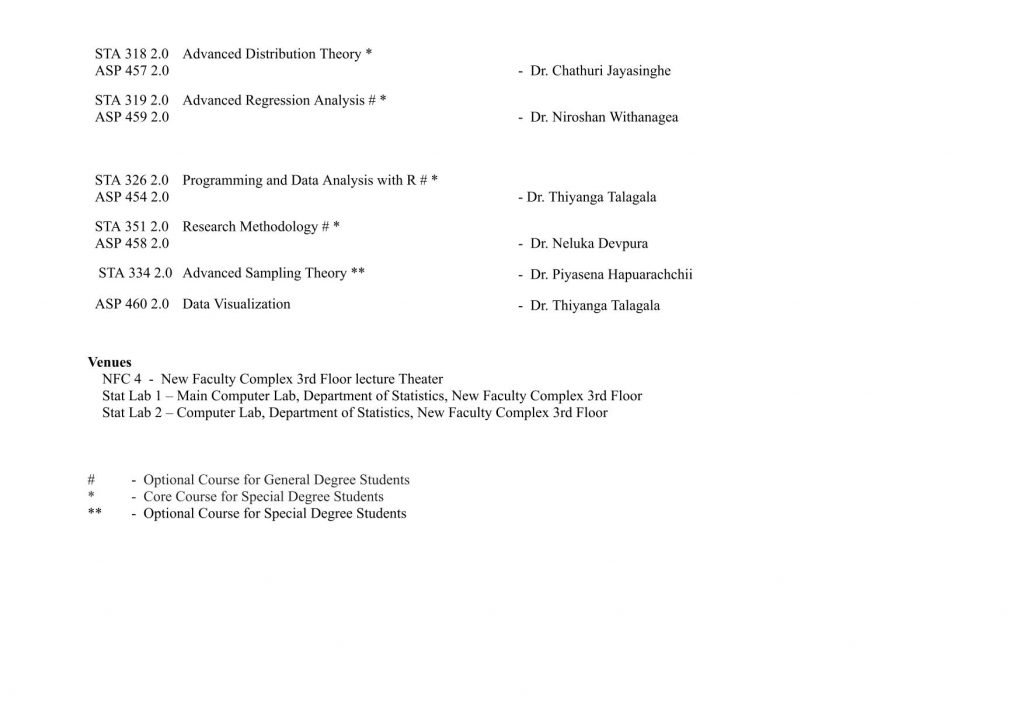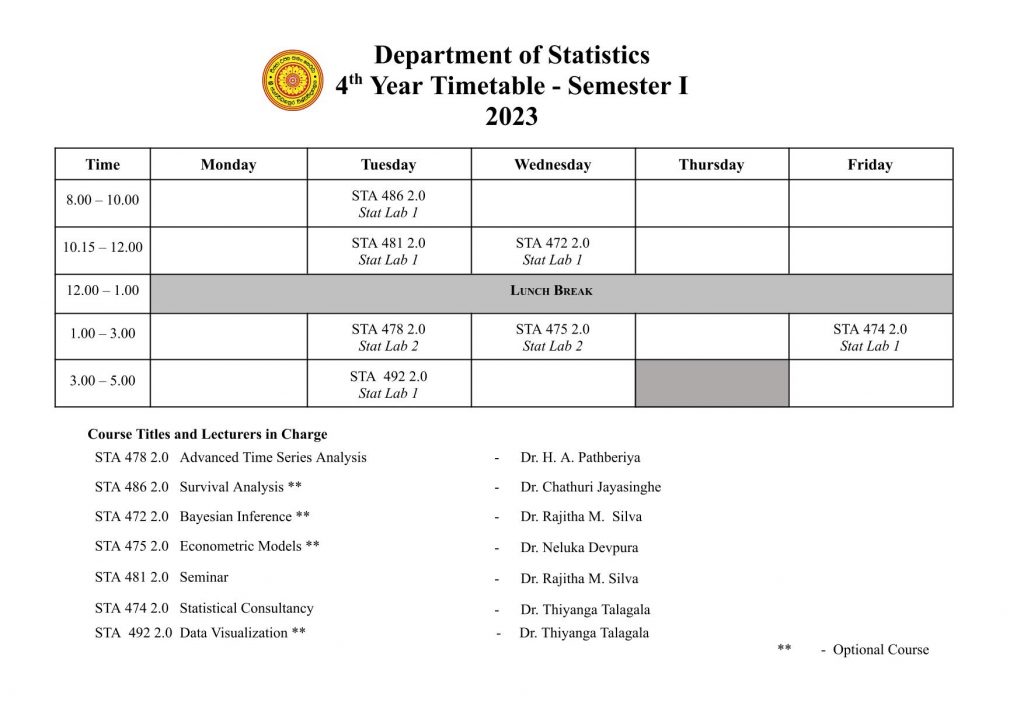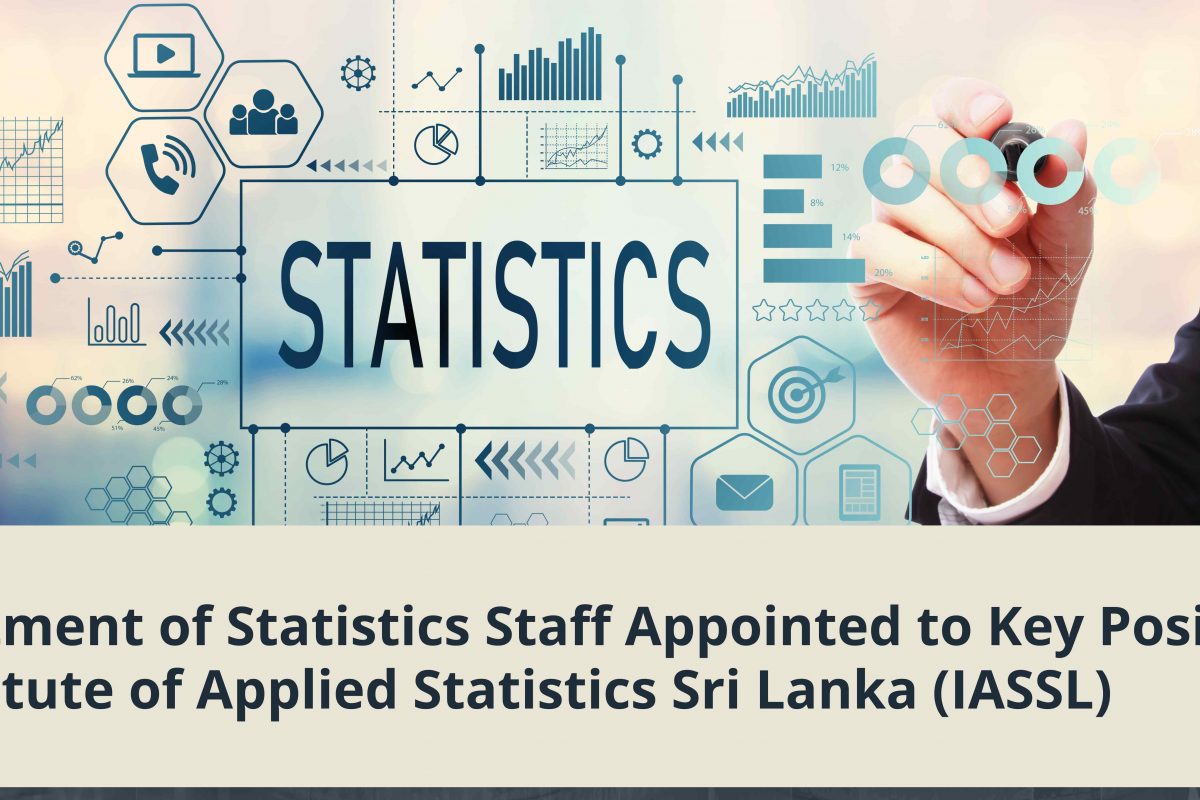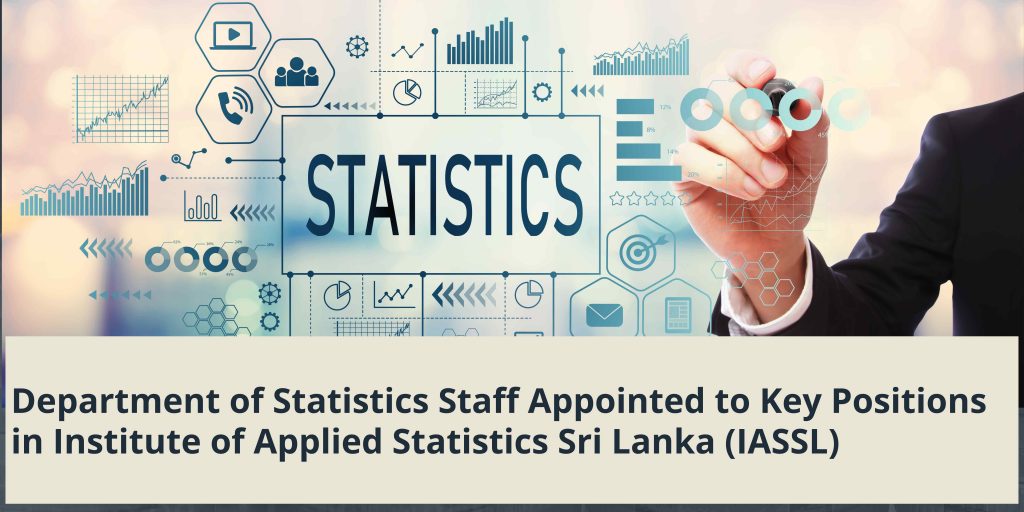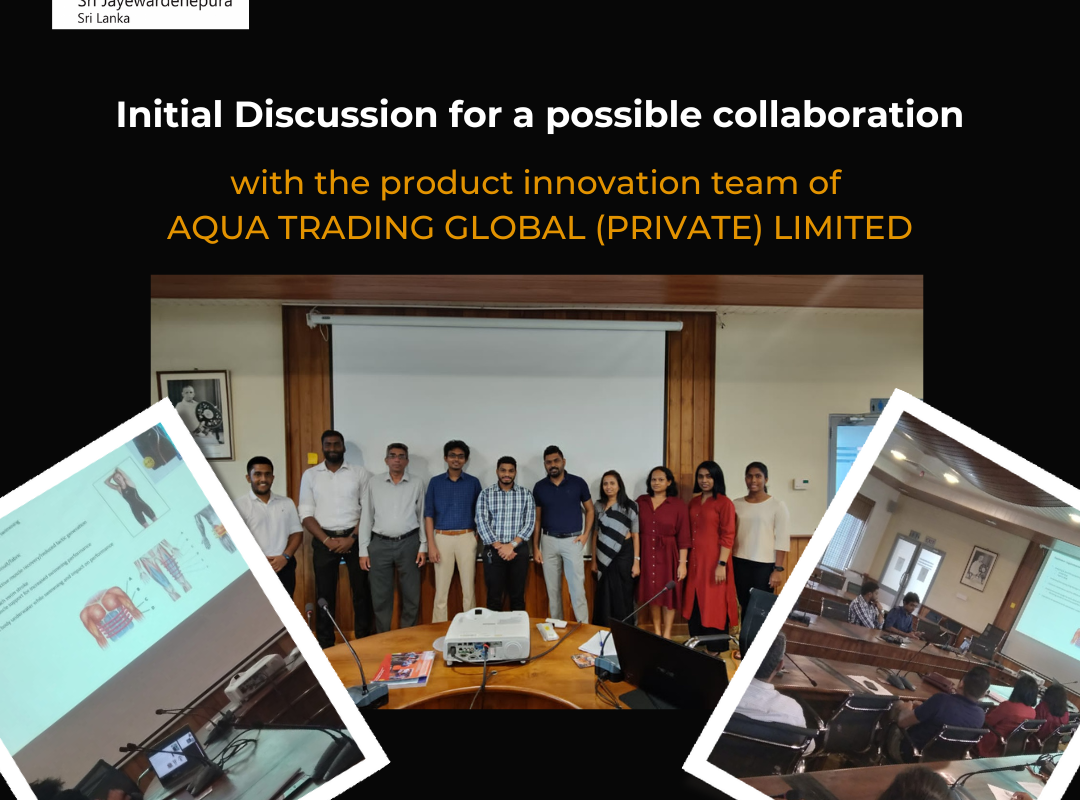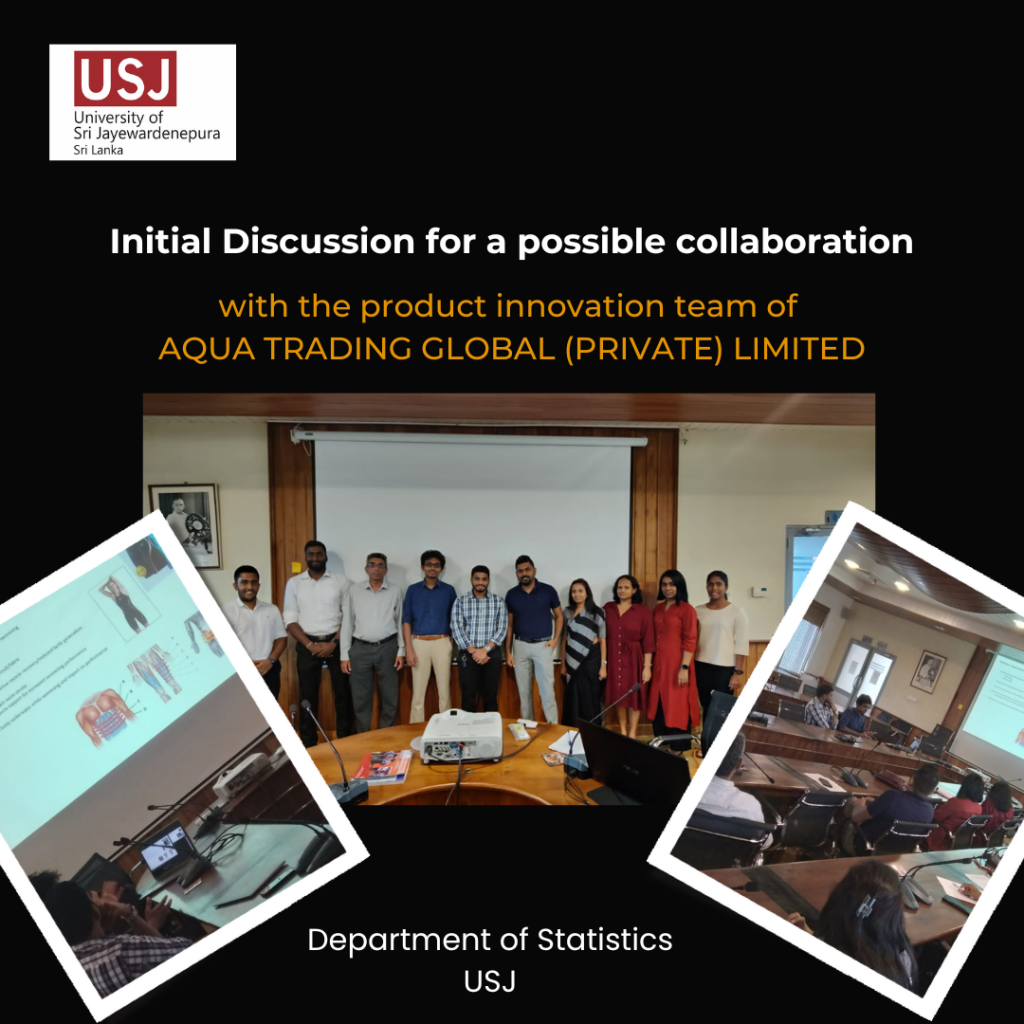The Department of Statistics of University of Sri Jayewardenepura organized an exciting educational field visit to the Fruit Research and Development Institute in Horana. This hands-on experience aligns with the department’s commitment to providing practical learning that enhances students’ grasp of statistical concepts in real-world settings.
This visit aimed to showcase the practical applications of experimental designs, complementing coursework in STA 317 2.0/ASP 452 2.0 Advanced Design of Experiments. Thanks to the support of Mrs. K.A. Renuka, Director of the Fruit Research and Development Institute, the excursion took place on August 8th, 2023.
Dr. Ranjala Kumari, the Assistant Director of Agriculture guided and transformed this visit into an exceptional learning opportunity for all the third-year students and all fourth-year undergraduates who participated by adeptly showcasing the practical application of various experimental designs, bridging the gap between theory and practice. As students observed the deliberate application of designs such as Completely Randomized Design (CRD), Randomized Complete Block Design (RCBD), and factorial designs in the cultivation of bananas, rambutan, avocados, and pineapples, the theories, and concepts they had previously studied in the classroom began to take physical form.
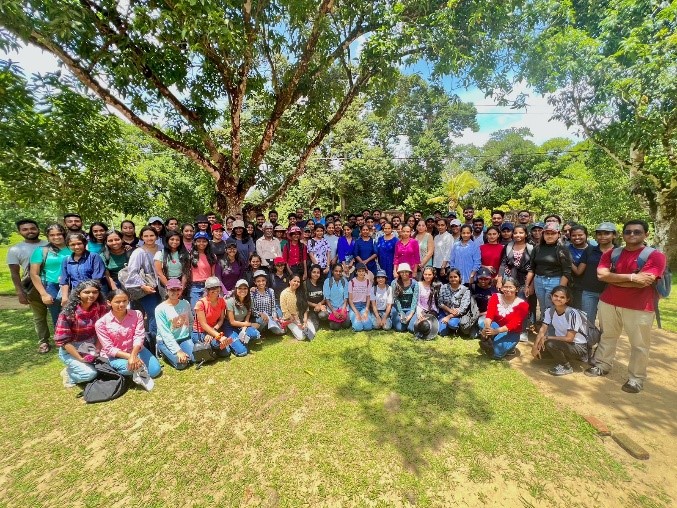
Dr. Kumari encouraged students to participate in insightful conversations about the specifics of experiment design, treatment use, and the organization of experimental blocks, going beyond simple observation. .
The trip sparked lively discussions and inquiries, deepening the understanding of experimental designs, and piquing the interest in the broad applications of statistics in different sectors. Armed with newfound insights, students now approach their studies with a practical perspective, all thanks to this enlightening adventure.
Written by N. B. U. Savindi


